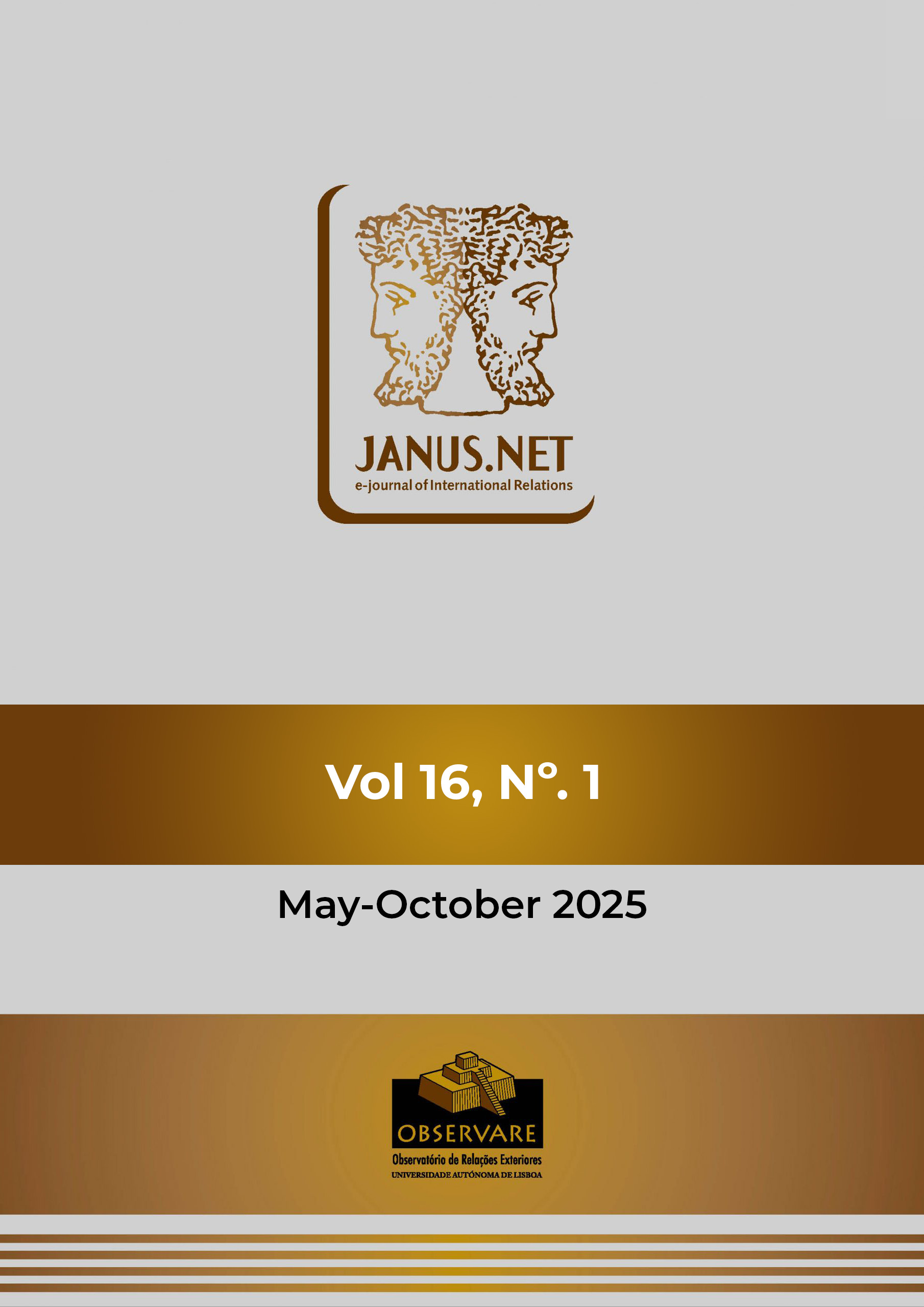A SEMIOTIC DECODING OF POLITICAL DISCOURSE BETWEEN CHINA AND PORTUGUESE-SPEAKING COUNTRIES
DOI:
https://doi.org/10.26619/1647-7251.16.1.14Keywords:
Portugal, China, Portuguese-speaking Countries, Political Narrative, Semiotics, lt and Road Initiative (B&RI), International RelationsAbstract
This paper is the first in a series that examines how China engages in high-level political discourse (HLPD) via political speeches, bilateral and multilateral agreements, official documents, and media reports, with Portuguese-speaking countries (PSCs). Political discourse serves as a tool through which states convey policies, diplomacy, ideologies, and national image. For China, under the leadership of President Xi Jinping, there has been an explicit focus on building a robust discourse system to enhance its international communications and project itself as a peaceful, positive global power. In recent years, China has steadily increased its high-level exchange activities with PSCs, prompting this series of studies. The current paper focuses specifically on Portugal. Using official government sources, including websites of the Ministry of Foreign Affairs, this study collected 32 textual samples of HLPD from high-level political communication events (HLPCEs) that took place between March 2013 and October 2022, during President Xi’s first two terms in office. These events involved Xi Jinping, former Head of Government Li Keqiang, and Minister of Foreign Affairs Wang Yi. The innovative aspect of this study lies in its use of semiotic analysis to decode the HLPD samples. This analysis concludes that China places significant emphasis on sustainable cooperation, particularly in trade and technology, while fostering people-to-people exchanges and human bonds.


